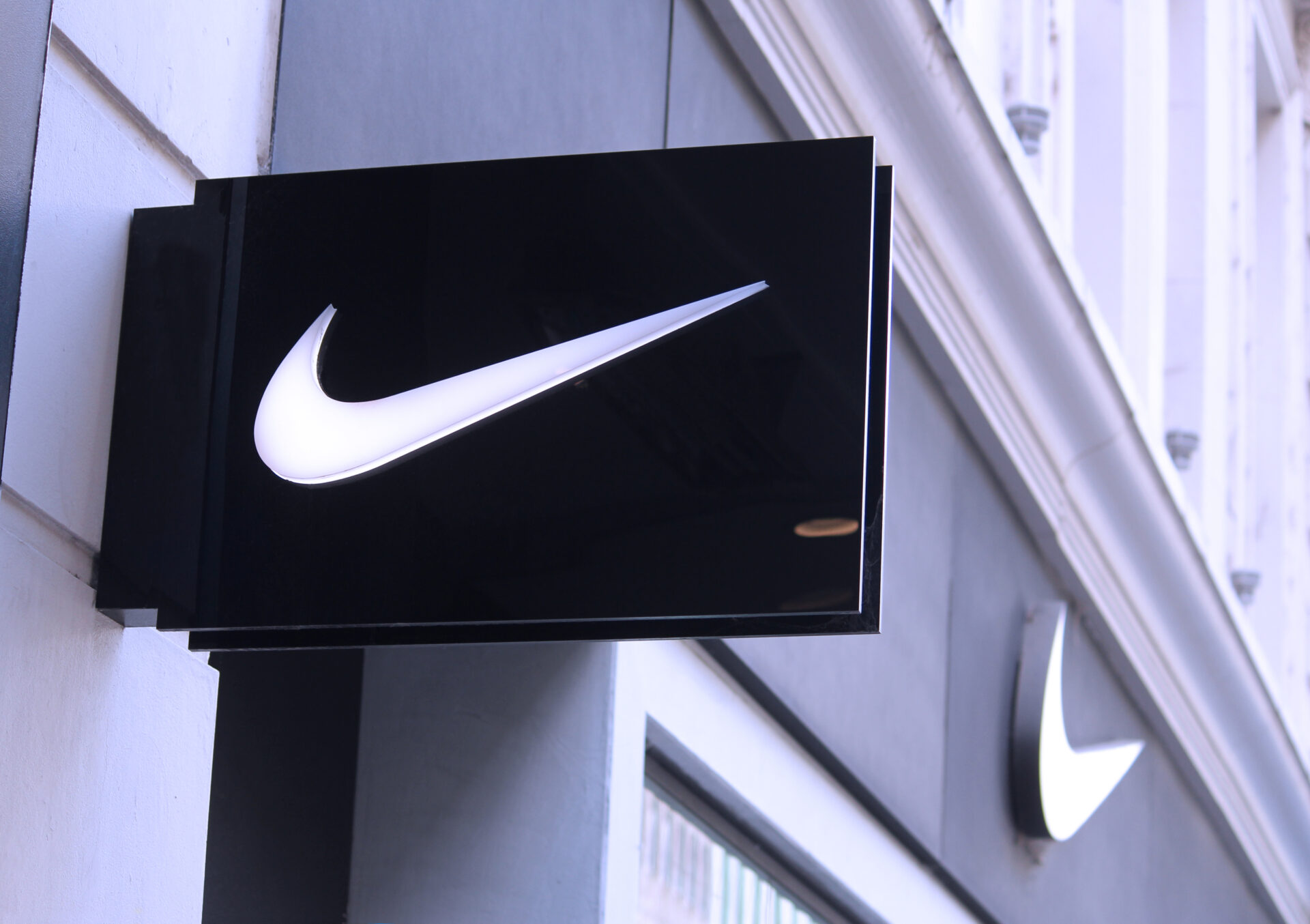Nike’s recent financial turmoil is a testament to the consequences of prioritizing radical political agendas over staying attuned to consumer demand. On Friday, the company’s shares plummeted after they announced quarterly results that, despite exceeding earnings estimates, highlighted disappointing sales due to waning consumer interest in North America and China. This scenario opens the door to a broader discussion about the repercussions of intertwining business with far-left ideologies.
Figures indicate a concerning trend: sales dipped by two percent year-over-year, driven significantly by an eight percent reduction in direct-to-consumer endeavors. This decline underscores the risk companies face when they alienate a substantial portion of their customer base. Nike’s misstep appears to be twofold—failing to effectively track consumer trends and controversially embracing leftist political causes, which have stirred considerable discontent among a conservative demographic.
The numbers tell the story starkly. Year-to-date, Nike’s shares have dropped by 29 percent. Despite generating $51.4 billion in revenue over the fiscal year, this figure fell short of the $51.6 billion analysts had projected. Furthermore, while the company reported adjusted earnings of $1.01 per share on $12.6 billion in revenue for the fourth fiscal quarter—surpassing the earnings estimate of 84 cents—the revenue fell below the $12.9 billion forecasted. This shortfall can be partly attributed to the company’s aggressive yet ill-timed pivot to direct-to-consumer sales during the pandemic, a strategy that underestimated the enduring consumer preference for in-person retail shopping post-pandemic.
Competition has intensified, with French sneaker brand Hoka and other emerging names capitalizing on Nike’s miscalculations. Concurrently, Nike’s political stances have alienated many conservatives. The company has faced backlash for its controversial decisions, such as partnering with trans activist Dylan Mulvaney to market women’s sportswear and its prior association with Colin Kaepernick. Such moves have disillusioned a segment of their traditional customer base, leading some conservative schools and sports teams to distance themselves from the brand.
Further inflaming tensions, Nike released an ad following the death of George Floyd, directly confronting American society on racial issues. While this was part of Nike’s broader strategy to project a socially progressive image, it accentuated the divide between the brand and conservative customers. The ad carried a powerful message against racism, urging America to face its systemic issues head-on.
A deeper examination reveals Nike’s strategic alignment with progressive policies. Since 2018, the company has sought to elevate women and minorities into leadership roles and instituted diversity training programs. However, internal reports indicate a disparity in achieving these goals, particularly in higher management roles. Despite vocal efforts in HR practices and substantial charitable contributions—including $40 million directed towards supporting the Black community—Nike’s commitment to social justice has been critiqued alongside allegations of questionable working conditions in its Asian factories. This dichotomy raises questions about the sincerity and effectiveness of their socially progressive initiatives.
Nike’s current predicament serves as a potent example for businesses embarking on the path of politicized branding. The significant drop in sales and market share loss suggest that merging business strategies with leftwing political ideologies may risk alienation of core consumer groups. For companies driven by progressive rhetoric, the balance between genuine social responsibility and maintaining broad consumer appeal is critical. The case of Nike illustrates the complexities and potential pitfalls of such an approach in today’s politically polarized landscape. As Nike navigates this period of financial and reputational challenge, the broader business community must ponder the intricate dynamics between corporate strategy and political identity.



